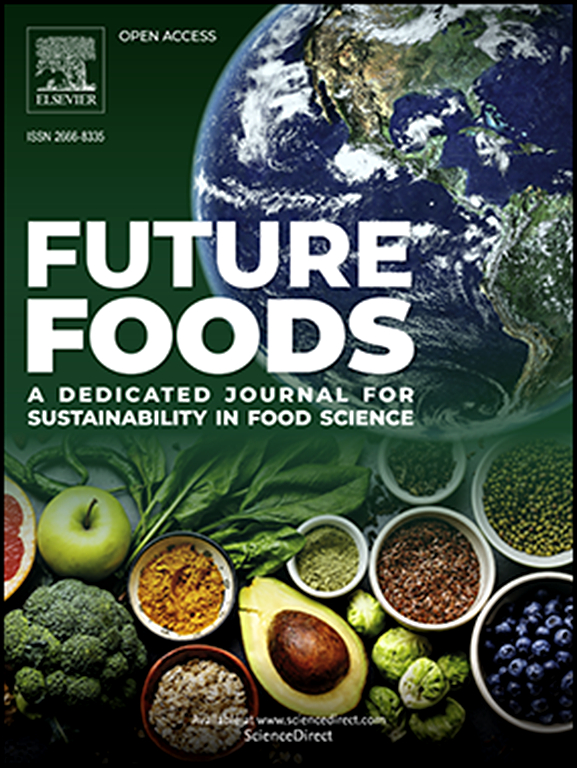Advancements and challenges in the bioproduction of raspberry ketone by precision fermentation
IF 7.2
Q1 FOOD SCIENCE & TECHNOLOGY
引用次数: 0
Abstract
Raspberry ketone (RK, 4-(4-hydroxyphenyl)-2-butanone), a naturally occurring phenolic compound responsible for the characteristic aroma of raspberries, has attracted significant interest due to its wide applications in the food, fragrance, and health industries. While traditional extraction from fruits is limited by low natural abundance and chemical synthesis raises sustainability concerns, microbial production through precision fermentation offers a promising alternative to address these challenges. This review summarises various approaches for RK synthesis, including plant, chemical and microbial synthesis, with an emphasis on the recent advances in microbial production achieved through different engineering strategies. We point out three bottlenecks in the microbial RK productions, including enzyme activity limitation, insufficient precursor supply and intermediate toxicity. We explore potential synthetic biology and precision fermentation strategies that can potentially address these challenges and present directions for future research, including pathway balancing, protein engineering, multi-omics approaches, adaptive laboratory evolution (ALE), downstream process optimisation, and alternative application exploration. This comprehensive analysis provides insights for developing more efficient and sustainable RK microbial cell factories and may also inform the development of precision fermentation strategies for other valuable compounds, contributing to the broader advancement of industrial biotechnology.
求助全文
约1分钟内获得全文
求助全文
来源期刊

Future Foods
Agricultural and Biological Sciences-Food Science
CiteScore
8.60
自引率
0.00%
发文量
97
审稿时长
15 weeks
期刊介绍:
Future Foods is a specialized journal that is dedicated to tackling the challenges posed by climate change and the need for sustainability in the realm of food production. The journal recognizes the imperative to transform current food manufacturing and consumption practices to meet the dietary needs of a burgeoning global population while simultaneously curbing environmental degradation.
The mission of Future Foods is to disseminate research that aligns with the goal of fostering the development of innovative technologies and alternative food sources to establish more sustainable food systems. The journal is committed to publishing high-quality, peer-reviewed articles that contribute to the advancement of sustainable food practices.
Abstracting and indexing:
Scopus
Directory of Open Access Journals (DOAJ)
Emerging Sources Citation Index (ESCI)
SCImago Journal Rank (SJR)
SNIP
 求助内容:
求助内容: 应助结果提醒方式:
应助结果提醒方式:


